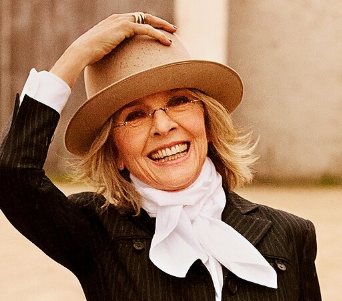Diane Keaton, the beloved actress who died at 79, crafted a legacy that extended far beyond her cinematic achievements. In her later years, she embraced a profound vulnerability, sharing the stories of her private pain with a candor that resonated with millions and redefined public perceptions of strength.
For much of her career, Keaton was an icon of effortless cool and guarded privacy. Yet, beneath this exterior, she harbored deep-seated struggles. Her battle with skin cancer, a fight she began at 21, was a constant source of concern, leading to her iconic hats and multiple surgeries.
The deeper, more hidden pain stemmed from a long and arduous battle with bulimia. She described this period with raw honesty, calling herself an “addict” who was consumed by a hunger that was emotional, not physical. Her detailed confessions of 20,000-calorie binges painted a vivid picture of the private torment she endured.
Her choice to reveal these vulnerabilities was a conscious one. As she wrote in her memoir, “I have nothing to hide.” This was not just a personal declaration but a public invitation for empathy and connection, positioning herself as a “sister” to others who had suffered.
In an industry that often celebrates an illusion of perfection, Diane Keaton’s greatest strength was her willingness to show her scars. Her legacy is a powerful testament to the idea that true strength is found not in hiding our pain, but in the courage to share it.

